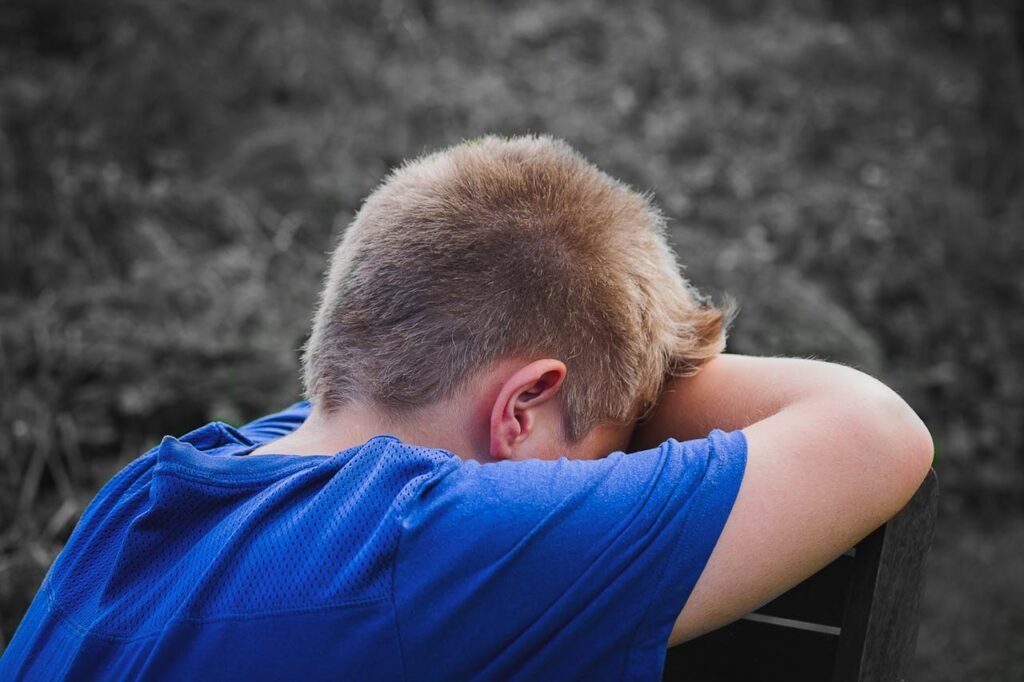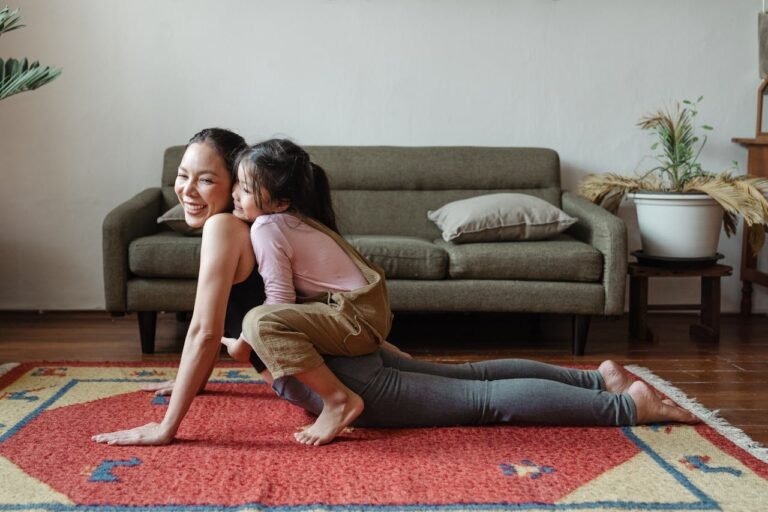What is a Helicopter Parent? How to Stop Being One

Parenting comes with endless decisions, from “Should I enforce this rule?” to “What snack should I pack?” But there’s one choice that defines your entire parenting style: how much involvement and control to have in your child’s life. That’s where the concept of helicopter parenting comes in.
This parenting approach involves hovering closely over a child’s every move, solving problems for them, and shielding them from failure. While this might seem well-intentioned, helicopter parenting can hinder the development of crucial life skills in children.
This blog will explore what helicopter parenting looks like, its potential negative impacts, and actionable strategies to provide a supportive yet hands-off parenting approach.
Characteristics of a Helicopter Parent
It’s easy to slip into the habits of a helicopter parent when your ultimate goal is to protect and support your child. But being overly involved and controlling can do more harm than good. Here are some common signs of helicopter parenting:
1. Over-involvement in Schoolwork
Helicopter parents often micromanage their child’s homework, projects, and extracurricular activities.
From double-checking every assignment to managing the child’s schedule so closely, this approach leaves little room for kids to take ownership of their academic responsibilities.
2. Excessive Monitoring of Activities
These parents track every aspect of their child’s day-to-day activities, from who they’re texting to where they went after school. While it’s normal to keep an eye on your kids, invasive monitoring can erode trust.
3. Solving Problems for Their Children

Instead of encouraging kids to tackle their own challenges, many helicopter parents jump in to fix problems before their kids even start to address them.
Whether it’s resolving disputes with peers or making requests to a teacher on their behalf, this denies children the opportunity to develop problem-solving skills.
4. Constant Need to Protect From Failure
Failure is a natural part of growing up. But helicopter parents work hard to shield their kids from failures, creating a sense of perfectionism and depriving children of valuable learning experiences that come from making mistakes.
The Impact of Helicopter Parenting
Although many helicopter parenting behaviors stem from love and concern, they often yield unintended negative consequences. Children of helicopter parents can face challenges in areas of confidence, coping mechanisms, and emotional well-being.
1. Decreased Confidence and Self-Esteem
Constant intervention sends the message, “You are incapable of handling this on your own.” Over time, this erodes a child’s self-confidence and belief in their abilities.
2. Undeveloped Coping Skills
When kids don’t face problems independently, they miss out on learning resilience and how to handle setbacks. This can lead to underdeveloped emotional and practical coping skills for adulthood.
3. Increased Anxiety and Depression

Studies show a link between over-involvement from parents and higher levels of anxiety and depression in children and young adults. Kids who grow up without facing challenges on their own may feel ill-equipped to cope once they enter the real world.
4. Sense of Entitlement
Children who have grown used to their parents smoothing every rough patch may expect life to always cater to them. This sense of entitlement can make future challenges seem overly daunting.
5. Hindered Self-Advocacy
Helicopter parenting can prevent children from learning how to speak up for themselves. Instead of becoming independent problem solvers, they grow dependent on their parents to advocate for them.
How to Stop Being a Helicopter Parent
Breaking free of helicopter parenting doesn’t mean withdrawing entirely. Instead, it’s about finding a balance between guidance and allowing your child the freedom to grow. Try these strategies to transition to a healthier parenting style:
1. Encourage Independence and Problem-Solving
Teach your child to solve problems on their own by offering guidance instead of solutions. For example, rather than calling a teacher on their behalf, encourage them to communicate directly. Praise their independent efforts, even if the result falls short of perfection.
2. Allow Them to Experience Natural Consequences
Sometimes, the best lessons come from facing the natural outcomes of their actions. If your child forgets to charge their tablet or misses a homework deadline, resist the urge to intervene. Experiencing these minor struggles teaches responsibility and accountability.
3. Support Without Controlling
Parental support is crucial, but it shouldn’t cross into micromanagement. Encourage open communication and offer advice when asked, but give them space to make decisions and learn from their outcomes.
4. Focus on Guidance and Teaching

Shift your role from “fixer” to “coach.” Provide the tools and strategies your children need to tackle obstacles, like how to study effectively or build solid time-management skills.
5. Encourage Age-Appropriate Decision-Making
Allow your child to make choices suitable for their age, whether it’s picking their clothes, organizing their schedule, or deciding which friends they want to spend time with. These small decisions set the stage for bigger choices later in life.
Benefits of a Hands-Off Parenting Approach
Taking a step back doesn’t mean your child is on their own. Rather, it positions you as a supportive presence while fostering their independence. Here’s how a more hands-off approach benefits kids:
1. Fosters Resilience and Adaptability
Kids learn that setbacks are a part of life. They develop the mental strength to bounce back from challenges and adapt to unpredictable situations.
2. Promotes Self-Reliance
Children who solve their own problems gain confidence in their ability to handle responsibilities and life’s uncertainties.
3. Encourages Creativity and Critical Thinking
By solving problems independently, children learn to think critically and explore creative solutions. These skills are foundational for innovation and decision-making in adulthood.
4. Improves Emotional Well-Being
Growing up with a balance of support and autonomy allows children to develop emotional stability and healthier coping mechanisms.
Raising Independent Kids is Worth the Effort
Parenting is a juggling act, but when it comes to being involved in your child’s life, less can often be more. While helicopter parenting stems from love, it’s worth pausing to ask yourself if it’s truly benefiting your child in the long run. Kids need space to fail, grow, and discover their own strengths.
By allowing room for independence (while remaining a supportive guide), you’re empowering your child to become a resilient, self-confident adult. Remember, great parenting is about striking the right balance. Together, you and your child can soar higher and beyond—not just hover.
Want more tips on supportive parenting strategies? Subscribe to our newsletter for weekly advice and resources to help you foster independence in your little ones!






